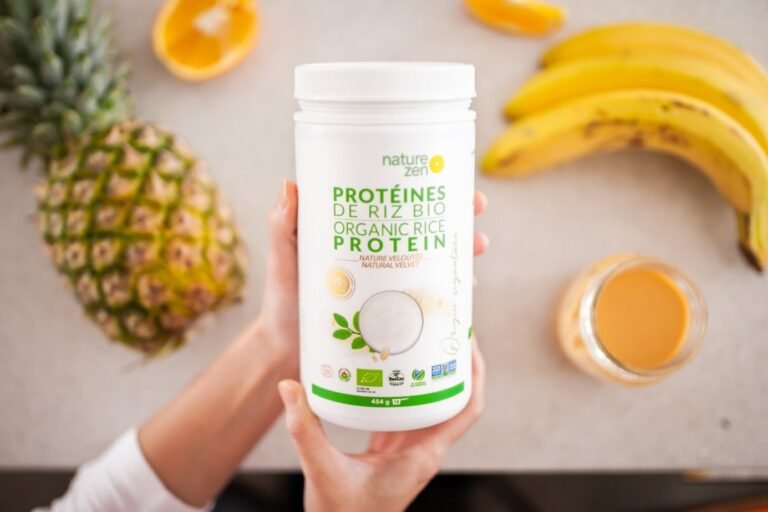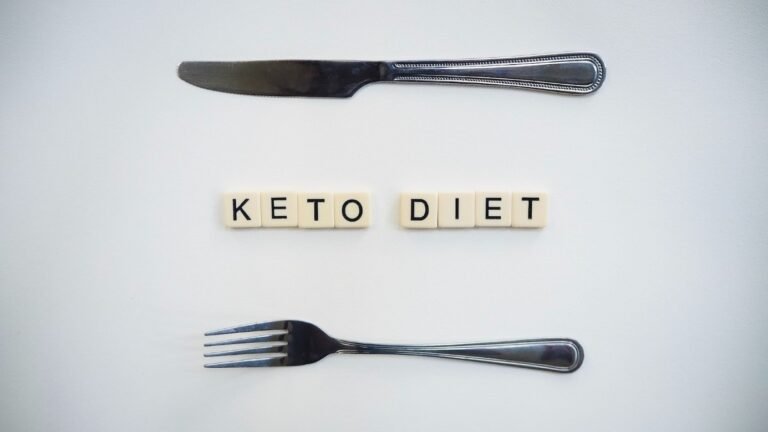8 Main Principles Of Sports Nutrition
Whatever your level, diet is a determining factor in improving or maintaining your sports performance. It is based on a varied and balanced diet and must be fully adapted to your daily energy needs. It’s important that you don’t miss anything to stay competitive and not hurt yourself. Controlling your macronutrient intake (proteins, fats and carbohydrates) and your micronutrient needs (vitamins and minerals) is also very important. Proteins and lipids play a role of builder for your body, while carbohydrates play a role of energy fuel for performance. As for micronutrients, they actively participate in all the metabolic reactions that take place within the body. Finally, knowing how to choose your food supplements is essential for your progress and for sports performance.
1: No More Industrial Dishes
- Industrial meals are also called “unnecessary calories” because they are often very high in refined sugars and bad fats.
- In addition, they contain too much salt and are uninteresting in terms of vitamins and minerals. Not to mention the often dubious additives and manufacturing processes…
- Anyway, you are supposed to calculate your calories and know exactly what you are eating. Hence the interest of cooking yourself and not buying prepared meals.


2: Several Small, Well-Distributed Balanced Meals
- Prefer frequent small meals (5 to 6) instead of large, occasional meals. This way of doing things makes it possible to continually provide the body with what it needs to build itself and remain efficient all day long.
- Each meal should contain carbohydrates, proteins and fats, all balanced with your calorie needs and corresponding to your goal.
- Above all, do not neglect the “peri-training” diet: that is to say your diet before training, during training and after training.
3: High Protein Intake
- By having a high enough protein intake, you improve your recovery and amplify your muscle growth. Indeed, the amino acids of proteins stimulate protein synthesis.
- For endurance athletes, 1.2 and 1.4 g/kg/day of protein are recommended.
- For the strength athlete, we recommend between 1.5 and 2 g/kg/day of protein.
- 2/3 of the intake must be provided by food, the last third can come from supplements in the form of good quality proteins. Research suggests that one should consume at least 20-30g of protein powder post-workout to aid recovery and muscle building.


4: A Diet Low In Simple Sugars
- Carbohydrates are considered the most important macronutrient in the sports diet because they are essential energy substrates.
- For extreme endurance athletes, we recommend a carbohydrate intake of 10 to 12 g/kg/day.
- For medium distances, an intake of 6g per kg of body weight is ideal.
- For strength athletes, we recommend a carbohydrate intake of 4 to 5 g/kg/day.
- Be careful, ice cream, cookies and pizzas are not sources of carbohydrates to consider. Opt for quality carbohydrates such as fruits, dried fruits, tubers, whole grains and legumes.
5: Grease Yes, But Quality
- For the endurance and strength athlete, it is desirable that the fat intake is between 0.8 and 1.2g per kg of body weight and per day. Prefer raw oils (olive oils, rapeseed oil, walnut oil, etc.) and all holy foods containing good quality lipids (butter or margarine enriched with omega 3 and phytosterol).
Make sure these foods provide Omega 3 or/and a good Omega 6/3 ratio (5 to 1). Finally, studies suggest that taking omega-3 supplements before and after training, along with vitamin D and protein powder, promotes muscle recovery.
unsaturated fats to improve your physique
6: Don’t Neglect Fruits And Vegetables
Fruits and vegetables for fitness and health
Your body needs micronutrients (vitamins and minerals) found in fruits and vegetables. They promote muscle growth, health and performance.
In addition, vegetables and fruits provide dietary fiber which contributes to the good health of your intestine and facilitates intestinal transit. Finally, be aware that your micronutrient needs are much higher than those of a sedentary person.







